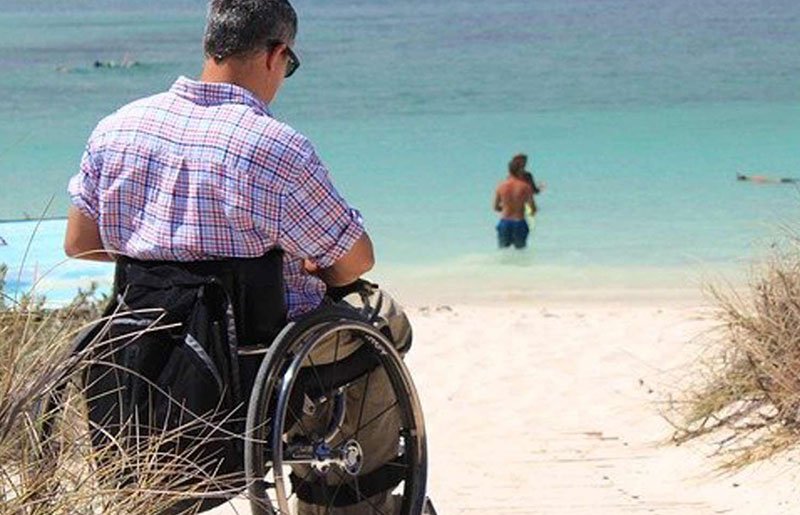After spinal cord injury due to severe nerves damage the bladder and bowel movement got impacted. Before SCI a message sent from the brain travelling along the spinal cord and sacral nerves to allow the bladder to get empty. But after spinal cord injury sometimes the communication between the brain and the nerves in the spinal cord that control bladder and bowel function got interrupted. This can cause bladder and bowel dysfunction known as neurogenic bladder or neurogenic bowel.
So some of the ways of Bladder management after SCI are mentioned below:
Intermittent Catheterization
It is one of the ways to empty the bladder without keeping the catheter in the bladder all the time. In this a catheter is inserted into the bladder to drain out the urine from the bladder. The urine is drained out from the other end of the catheter. Remove the catheter once done and you are good to go for your normal activities. It is usually done 4-6 times a day to avoid leakage. It is advised to drain out the urine after every four hours so that catheterization volumes less than 500 ml. So you may have to catheterize often depending on how much you drink.
Indwelling Catheterization
Indwelling catheterization uses a catheter and a urine collection bag that stays in place all the time. The catheter has a balloon at the tip of the catheter which sits in your bladder. Once the catheter is in your bladder, the balloon can be inflated to keep the catheter from falling out or deflating when it’s time to change the catheter.
There are two types of indwelling catheters: urethral catheters and suprapubic catheters. Most urethral catheters that are kept in place by filling up a balloon. People might call your indwelling catheter a Foley’s catheter.
Reflex Voiding
This technique works best for male patients but it can be used in female patients. For males, try to train the bladder to urinate just by reflex so when the bladder reaches a certain set point it causes the bladder muscles to contract and squeezes the urine out. For male patients, the urine can be captured by applying a condom to the penis which is then collected to a drainage bag. This is a method that has a less chance of developing infection and it is sometimes less labor intensive for the patient and caregiver because care is just application of a new condom every day, the condom is removed and the penis is cleaned and allow to dry for about 20 minutes before the next condom is applied then it is connected to the leg bag or bed bag and the only care during the day is that the bags have to be emptied when they get to a certain level of fullness.
Urinary Tract Infections
But proper bladder management is a must for a SCI patient because as we discussed above spinal cord injury can affect the ability to control the bladder, leading to an increased risk of urinary tract infections (UTIs). UTIs are common in people with SCI, and can cause many symptoms such as frequent urination, pain or discomfort during urination, and fever. These symptoms can mild or severe depending upon the impact of infection.
In individuals with SCI, UTIs can occur more frequently and may lead to more serious complications such as kidney damage and sepsis if it is not treated well.in people with SCI, the infection can be more serious and harder to treat than in general population. This is because the spinal cord injury can interfere with the body’s immune system, making it harder to fight infections.
Preventing UTIs in people with spinal cord injury involves maintaining good hygiene practices, such as washing the genital area daily and cleaning the catheter insertion site regularly. It is also important to ensure that catheters are changed regularly and that the bladder is fully emptied during each catheterization.
If a UTI is suspected, it is important to seek medical attention promptly. Treatment typically involves antibiotics to clear the infection, as well as measures to manage any associated symptoms. In severe cases, hospitalization may be necessary.
By Virendra Vikram Singh(PT)

